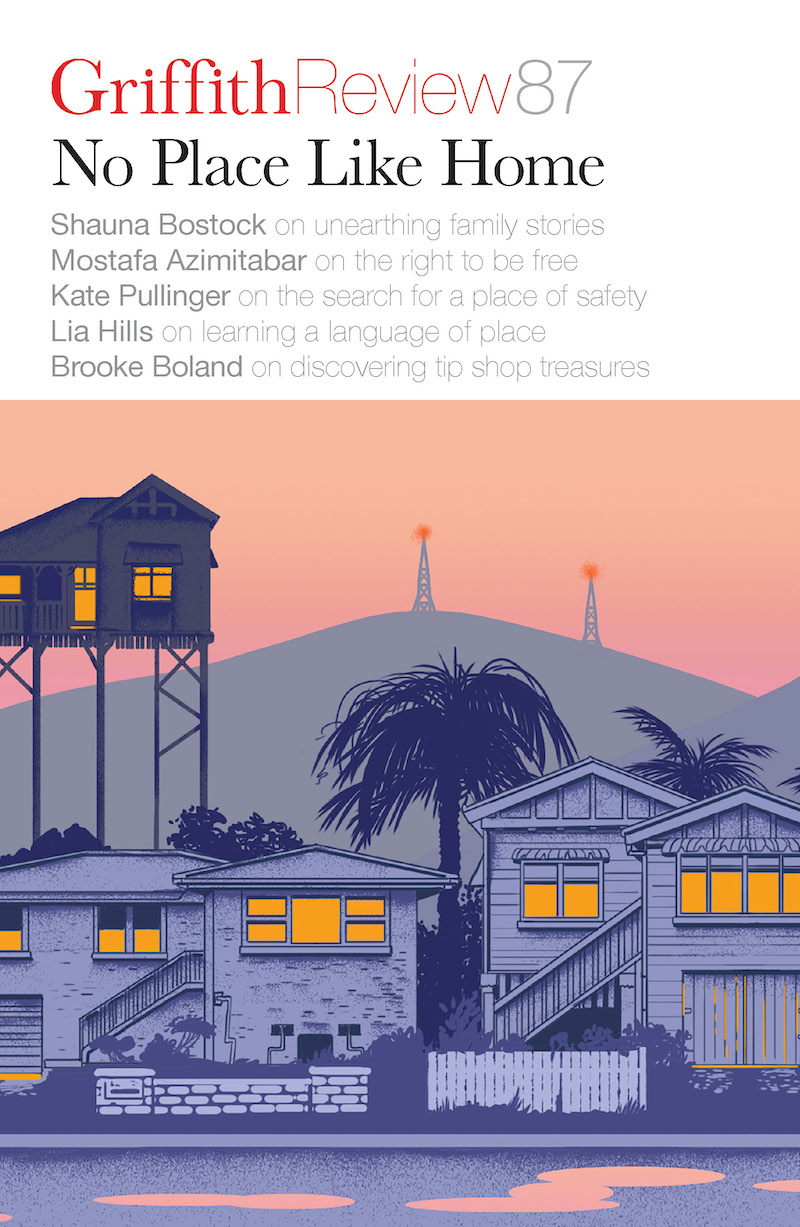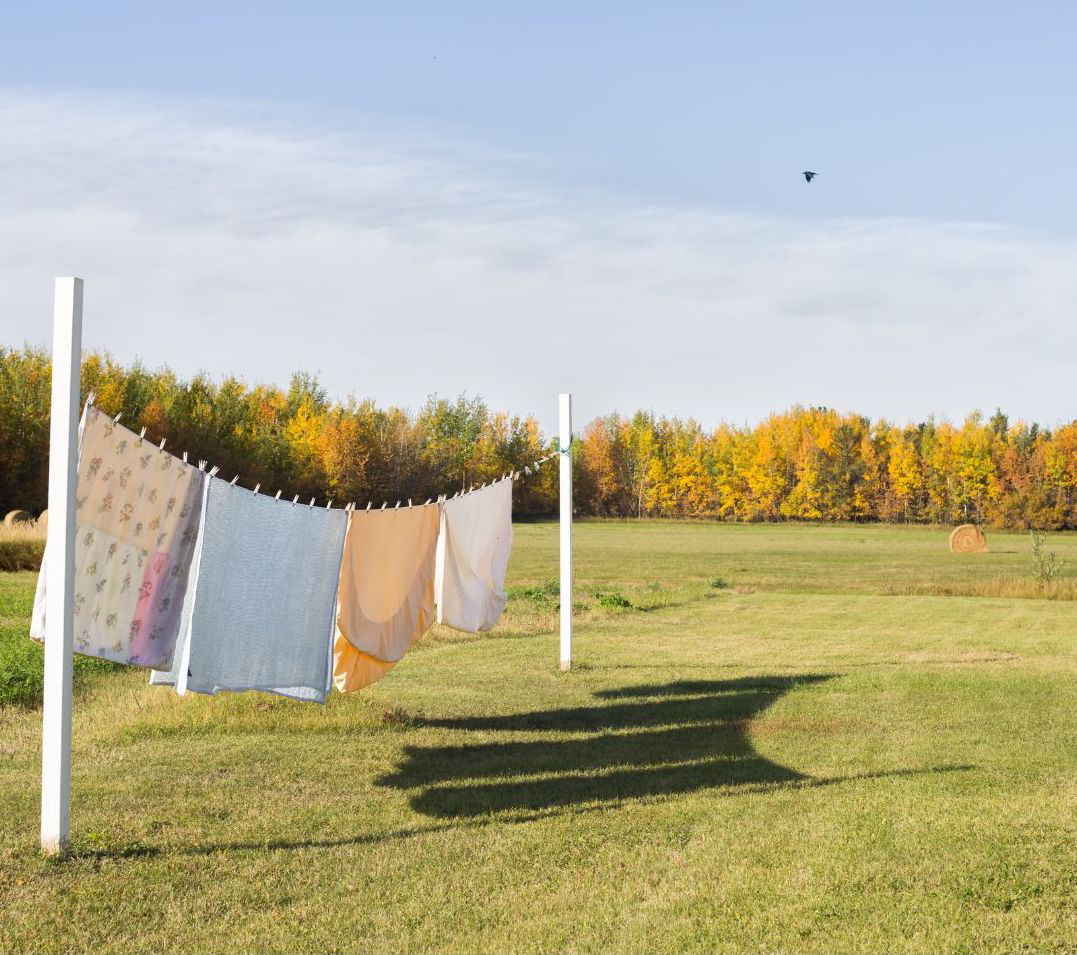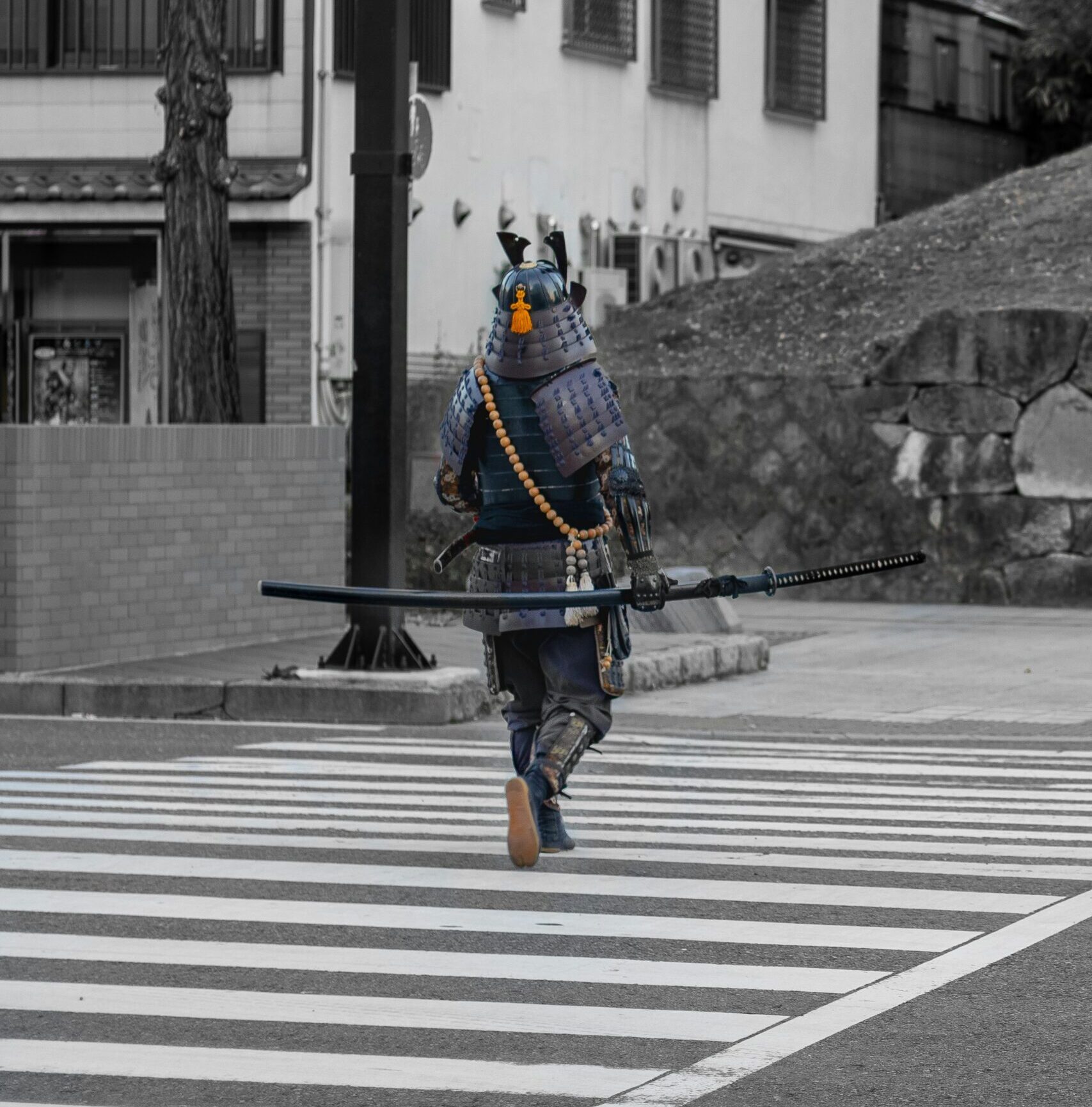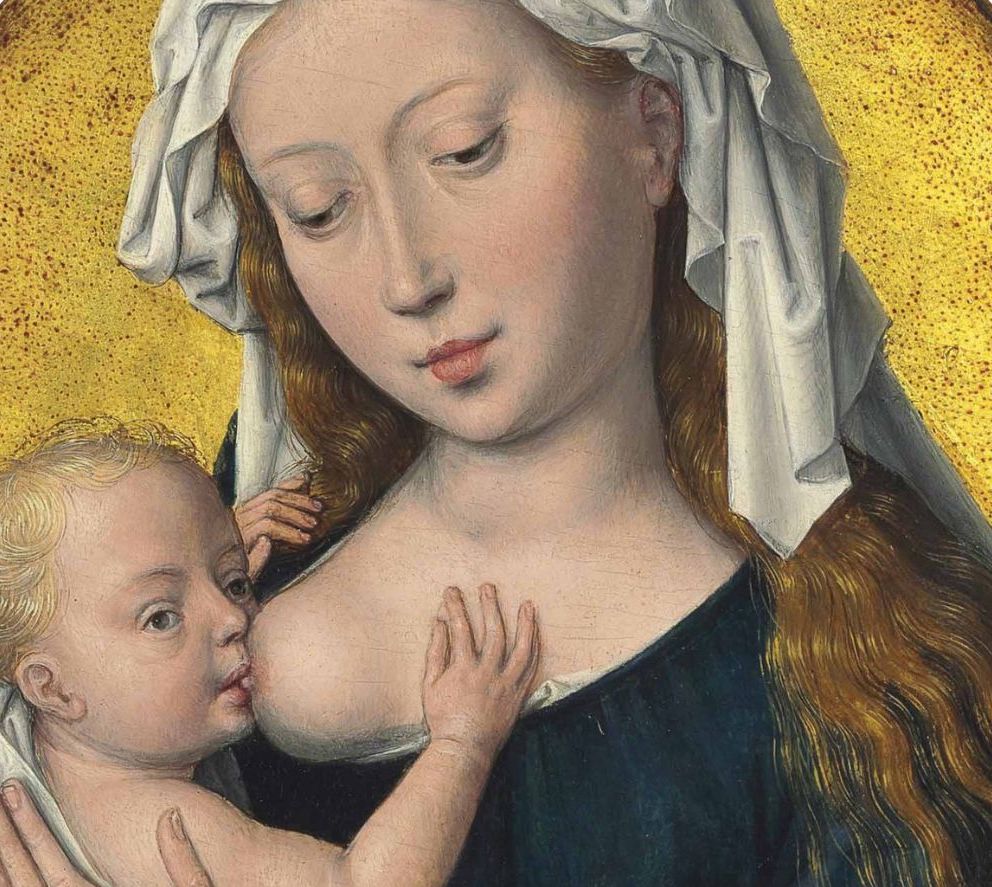Featured in

- Published 20250204
- ISBN: 978-1-923213-04-3
- Extent: 196 pp
- Paperback, ebook. PDF


Already a subscriber? Sign in here
If you are an educator or student wishing to access content for study purposes please contact us at griffithreview@griffith.edu.au
Share article
More from author

Culture warrior
It’s safe to say, then, that Star’s protagonist is not a carbon copy of Mishima, despite the novelist’s status as Japan’s first Sūpāsutā (superstar). Twenty-three and blindingly gorgeous, Rikio Mizuno, known by the anglicised monomer Richie, is a Japanese James Dean. ‘I am a speeding car that never stops,’ Richie muses, conflating the icon with the instrument of his death. ‘I’m huge, shiny and new, coming from the other side of midnight… I ride and ride and never arrive.’ Unlike Dean, Richie survives past his twenty-fourth birthday, the addition of a single year weighing on him like a death sentence. At the story’s conclusion, when Richie is confronted by the crinkled visage of a matinee idol of yesteryear, he realises that having celebrated the twenty-fourth birthday Dean was denied by his Porsche 550 Spyder, ‘Little Bastard’, he has missed his chance to, as Dean said, ‘Live fast, die young and leave a good-looking corpse.’
Anyone who has been to a gay guy’s thirtieth birthday party will recognise the sentiment.
More from this edition

More than maternity
Non-fictionPrinciple among art-history instances of breastfeeding are paintings, sculptures, tapestries and stained-glass art in churches that relay key Biblical moments of the Virgin Mary nursing the baby Jesus. Should you find yourself in the corridors of the Louvre, in the same halls where kings and princes are eternalised, one singular image of breastfeeding will make its way towards you time and time again: that of the Virgin Mary nursing the baby Jesus, which emerged in the twelfth century and proliferated in full bloom from the fourteenth as her cult of worship grew. In art, the nursing Virgin is called the Madonna Lactans, and she is a sanctity. Most of all, as the Church’s model of maternity, she is silent.

hearth
Poetry yes, one day, finally, it will all fall away like all dead things we will sit again by the campfire story illuminating the fall of empire one day again we...

Home as a weapon of cultural destruction
Non-fictionIt was simply expected that Aboriginal people would accept the values and behaviour of the dominant European culture. The Welfare Board insisted that Aboriginal people not only earn an independent living but show the Board they could save money in a bank account. They had to demonstrate that they were avoiding contact with other Aboriginal people and refusing to participate in community-oriented activities, such as sharing resources with kinsfolk and travelling to visit their relatives and home Country. Over and over again, the Board’s reports criticised Aboriginal people for being among their own kind and clinging together in groups. To achieve their assimilation aims, the Welfare Board implemented a crude ‘carrot and stick’ incentive in an attempt to modify Aboriginal behaviour: if Aboriginal people could convince the Welfare Officers that they had cut themselves off entirely from their culture, family and land, they would be rewarded with an ‘Exemption Certificate’.